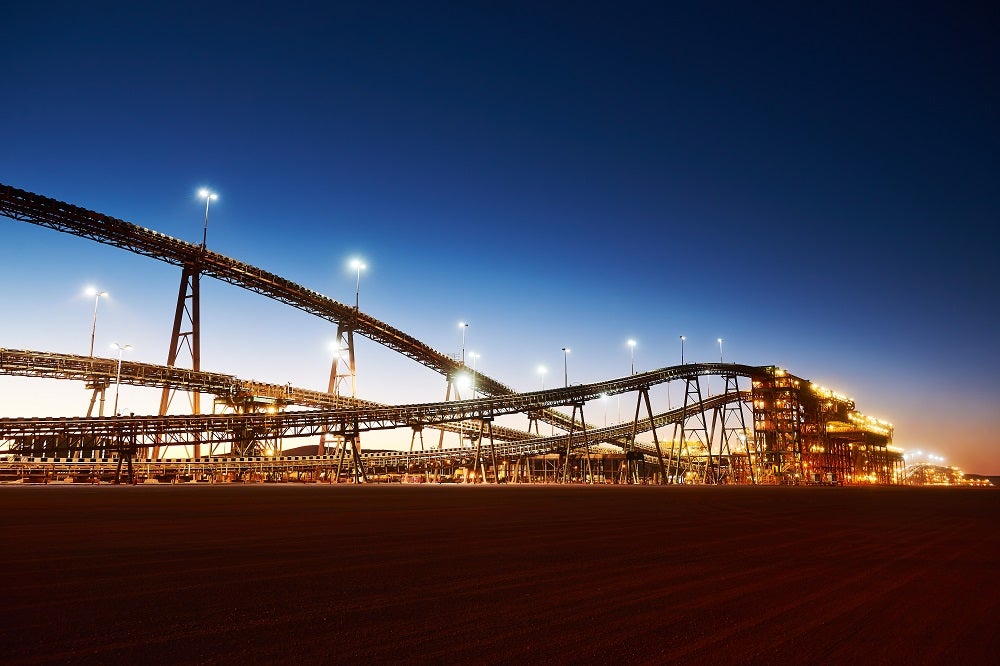
More than a quarter of BHP shareholders voted to end the miner’s membership of industry bodies associated with lobbying against climate policies at the firm’s AGM in Australia on Thursday.
Just over 27% of votes cast at the meeting in Sydney were in favour of ending BHP’s membership with associations including the Minerals Council of Australia, indicating growing investor concern about the affiliation of their interests with the fossil fuels industry.
Resolution 22, as it appeared on the meeting agenda, was put forward by the activist investor group, the Australasian Centre for Corporate Responsibility (ACCR), asking shareholders to vote on whether they supported the suspension of memberships of “industry associations that are involved in lobbying inconsistent with the goals of the Paris Agreement”.
At the Anglo-Australian miner’s AGM in London last month – at which 42% of all BHP shareholders were represented – just over 22% of votes were passed in favour of the same motion.
In the end, the exercise was academic, because neither meeting saw members vote to pass a resolution to “amend the constitution of BHP Group” – upon which Resolution 22 was contingent.
Shareholders’ vote sends a ‘strong signal’ to BHP board
ACCR executive director Brynn O’Brien said: “This is a strong signal to BHP that Australian investors have woken up to the impact of anti-climate lobbying by its members, and the long-term risks it poses to their portfolios.
“This vote is even higher than the BHP Group vote in London last month, which we attribute to the proportionally larger representation of Australian investors on the BHP Group register, and the scrutiny that BHP has been under locally for the oppositional advocacy of its Australian industry associations.
“This is a huge result on a very direct call for suspension, and represents an awakening for the Australian investment community.
“Lobbying counter to the goals of the Paris Agreement has been tolerated for far too long.”
O’Brien added that her organisation had filed identical resolutions with Australian banking giants ANZ and NAB, due to be voted upon in December, and that Anglo-Australian miner Rio Tinto and Australian oil and gas firm Woodside would be targeted in the new year.
“The issue of lobbying is not going away,” she warned.
BHP chief says company ‘accepts its responsibility’ to take climate action
Last year, BHP ended its membership of the World Coal Association following similar shareholder pressure to distance itself from the fossil fuel industry.
It has also launched a five-year $400m climate initiative to address investor concerns about the firm’s contribution to global warming – through its own operational emissions, those across the supply chain and those resulting from the end use of its products.
In October, BHP revealed it would transition two of its largest copper mines in Chile – Spence and Escondida – to run on renewable energy by 2020, in a bid to reduce its reliance on fossil fuels for power generation, ultimately displacing three million tonnes of carbon dioxide (CO2) emissions annually.
Speaking at the AGM in Sydney, CEO Andrew Mackenzie reaffirmed his company’s commitment to addressing climate issues.
He said: “The environmental challenges we face today are complex, and demand concerted and collective action.
“We accept our responsibility to take action on global warming and reduce our greenhouse gas emissions.
“Unlike the control that we can exercise in our own operational environments, we cannot mandate that our customers reduce their emissions.
“But we can collaborate with them and suppliers, and other partners, to drive actions that reduce greenhouse gas emissions from the major uses of our products throughout our value chain.”
He added that BHP will seek to “strengthen the link” between emissions performance and executive pay, in an effort to reinforce the importance of environmental sustainability to the corporate leadership.






